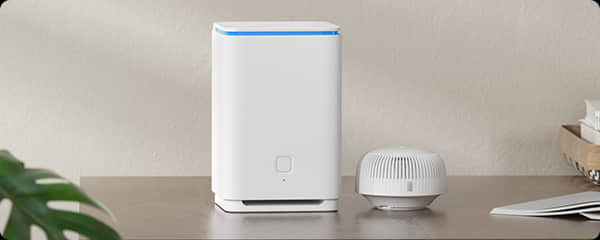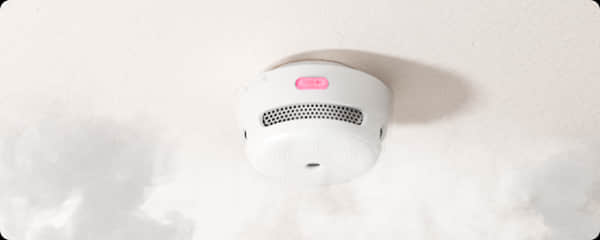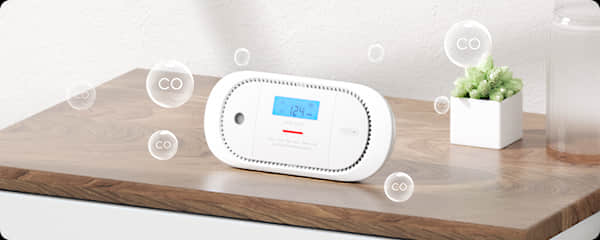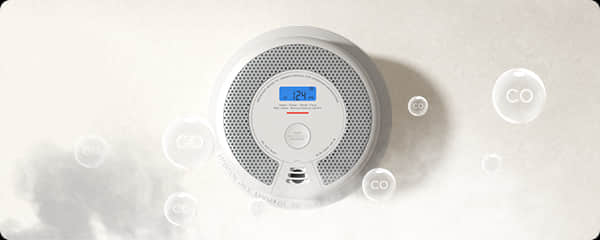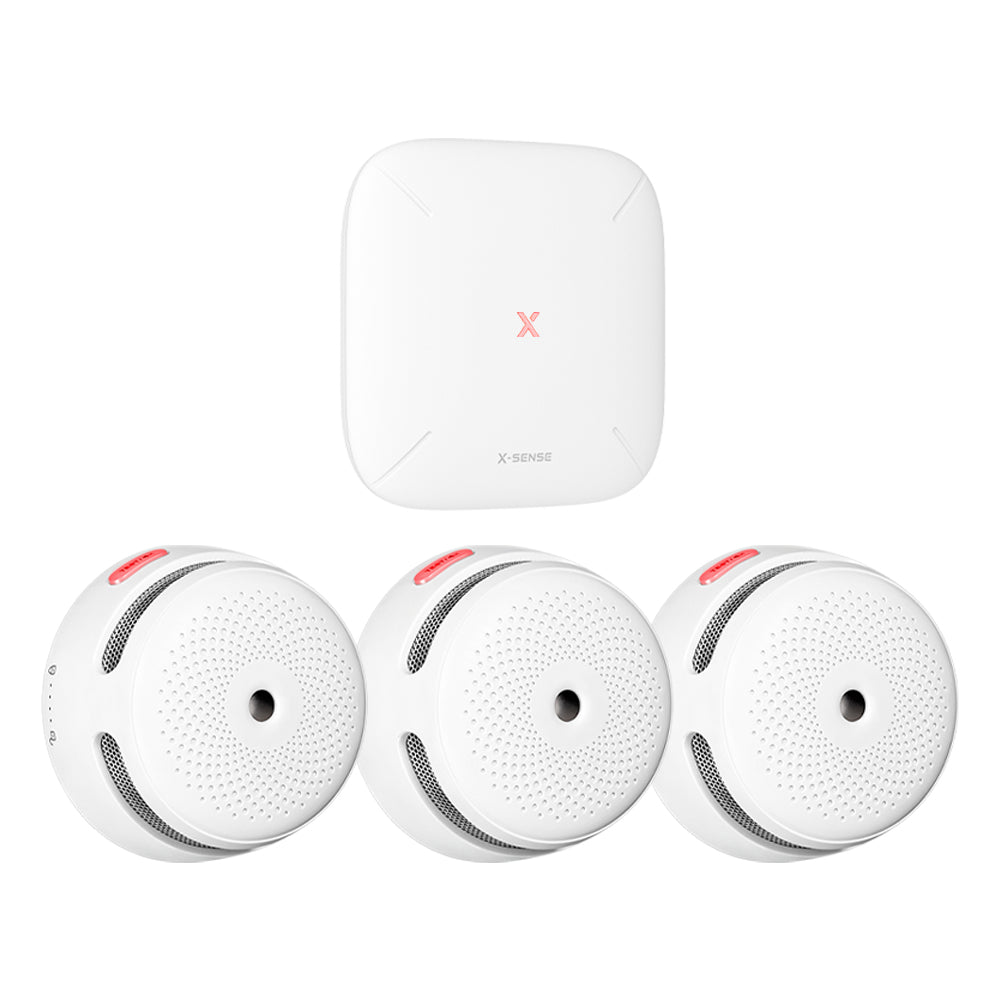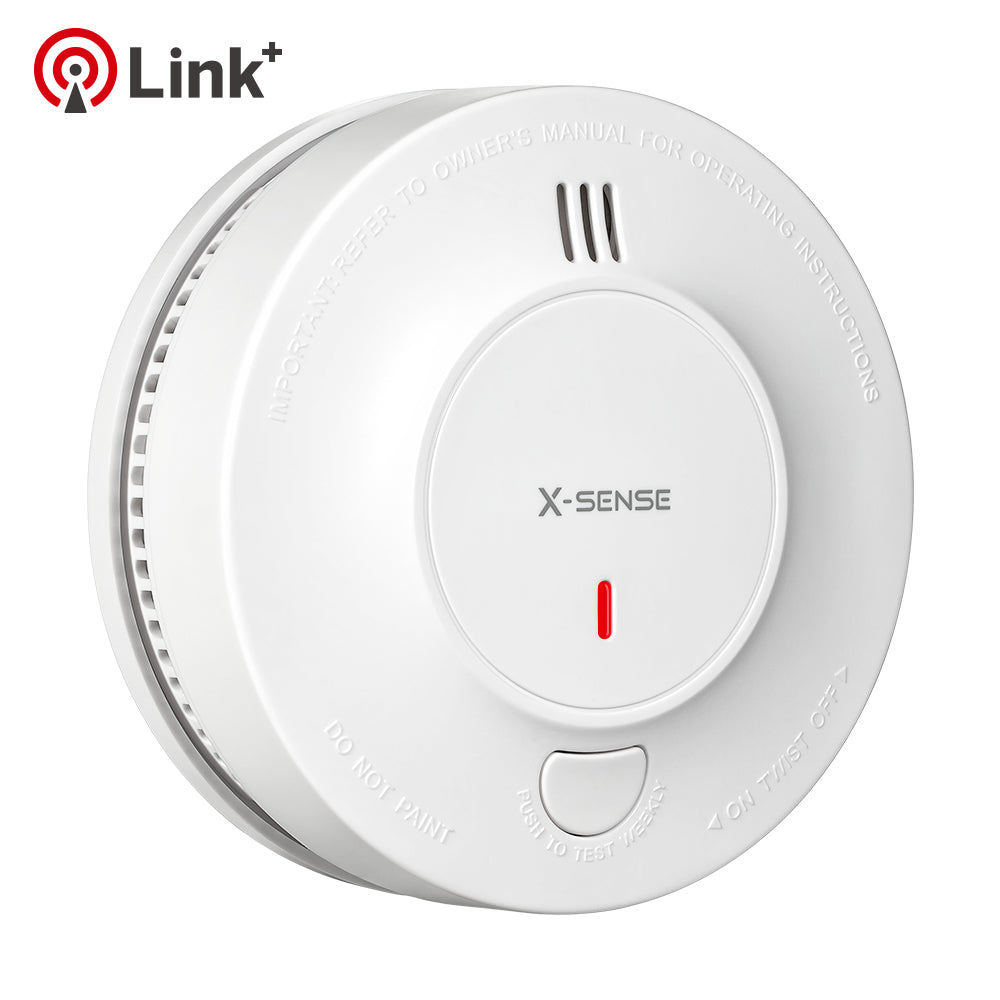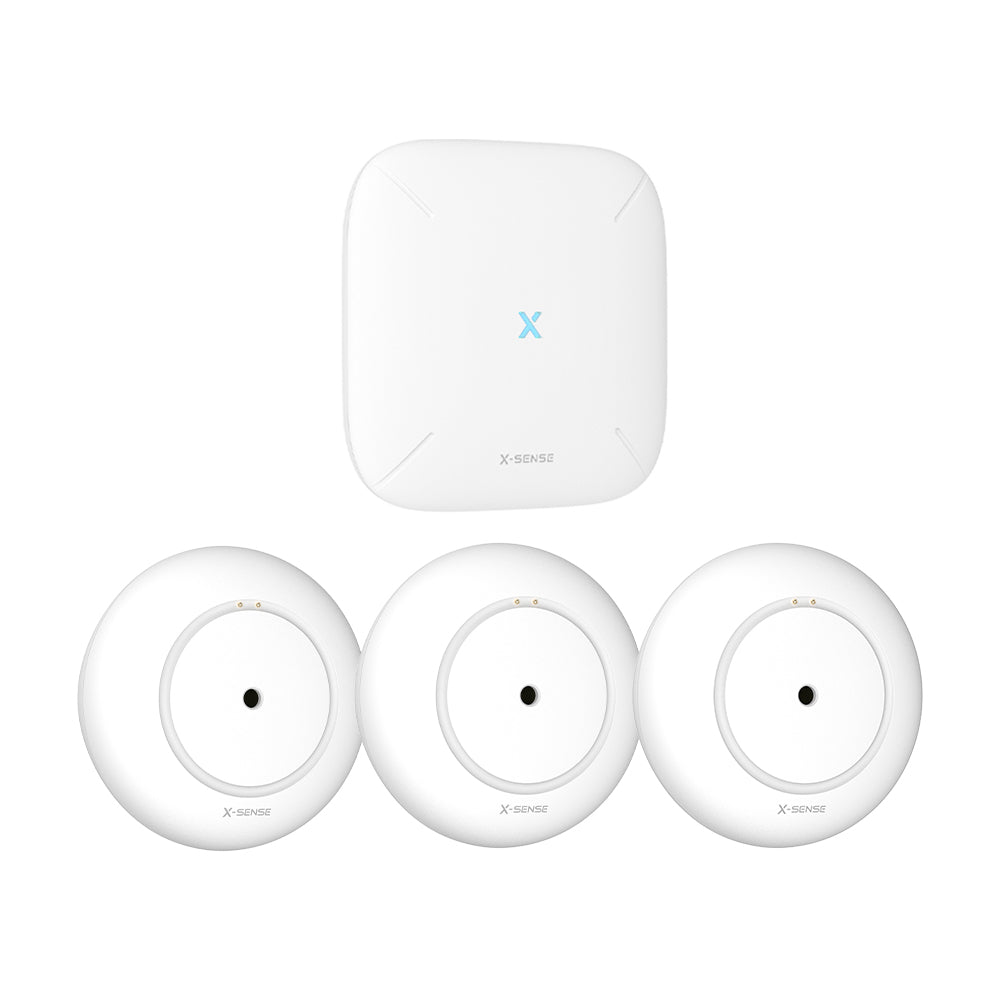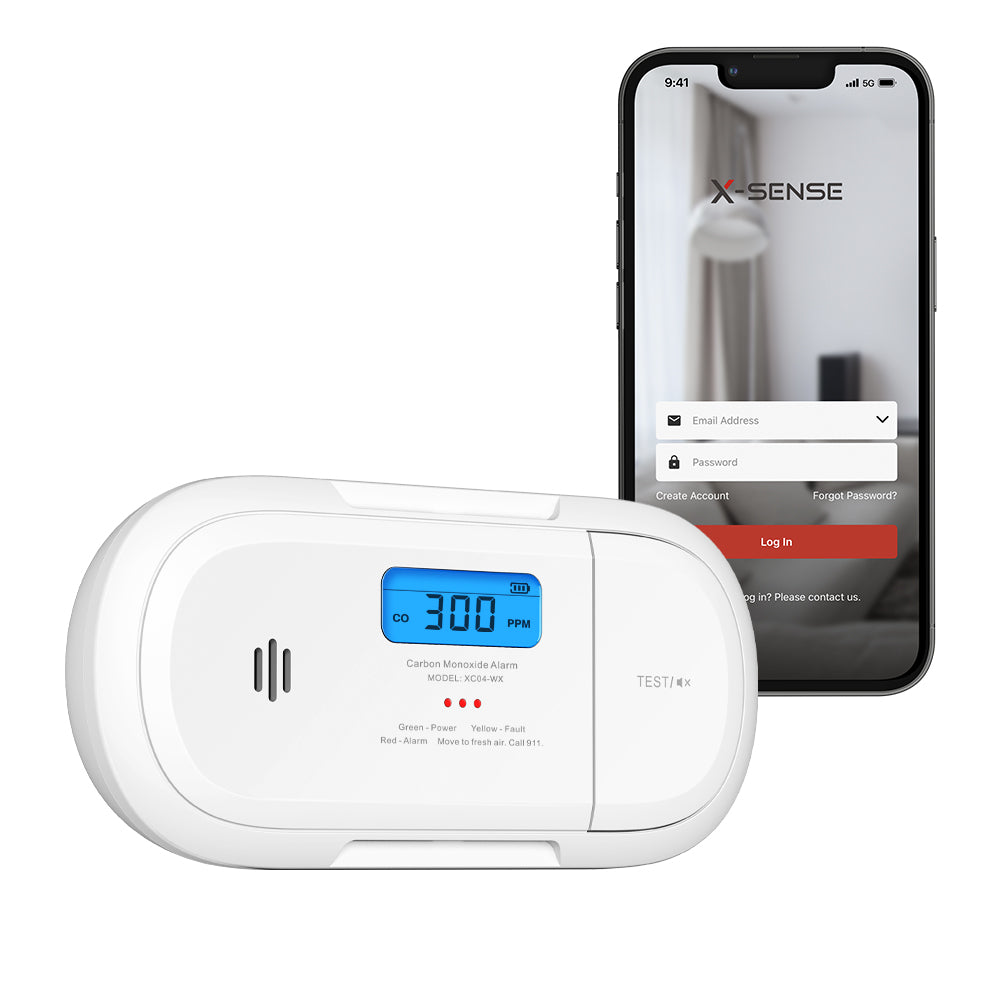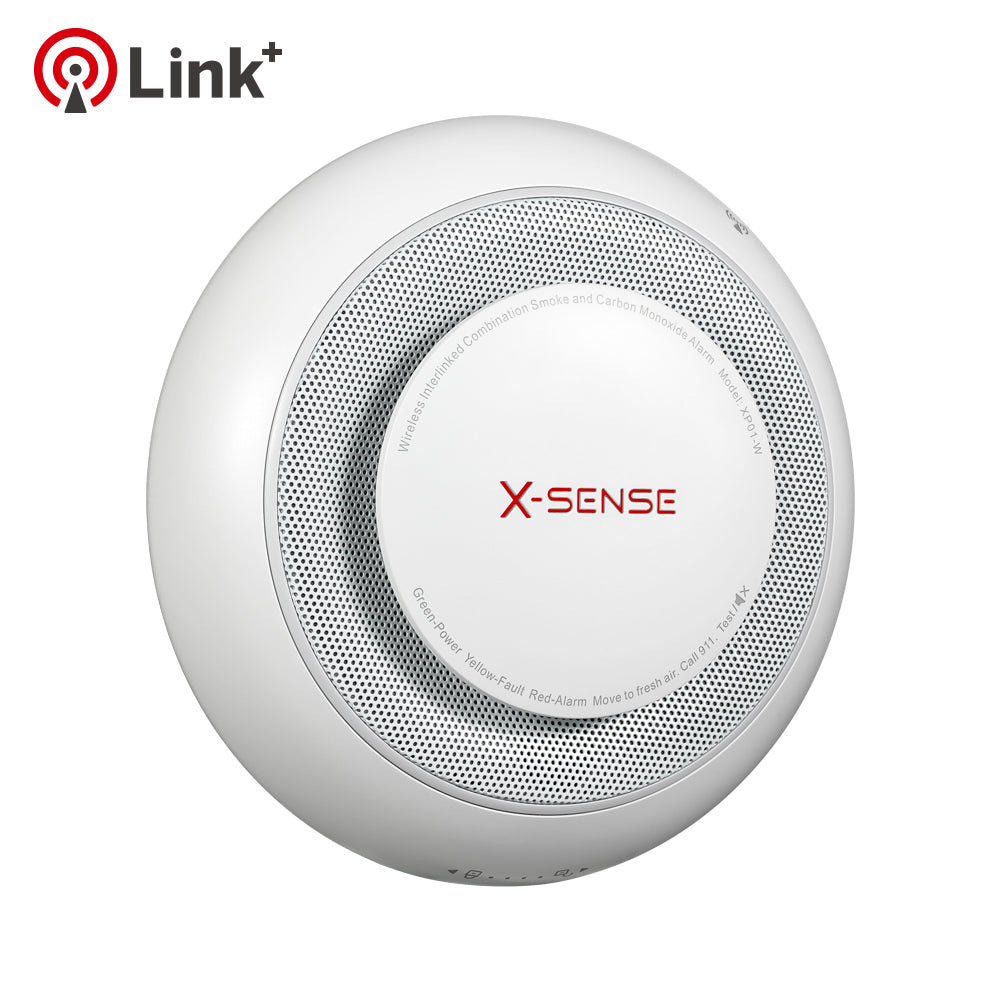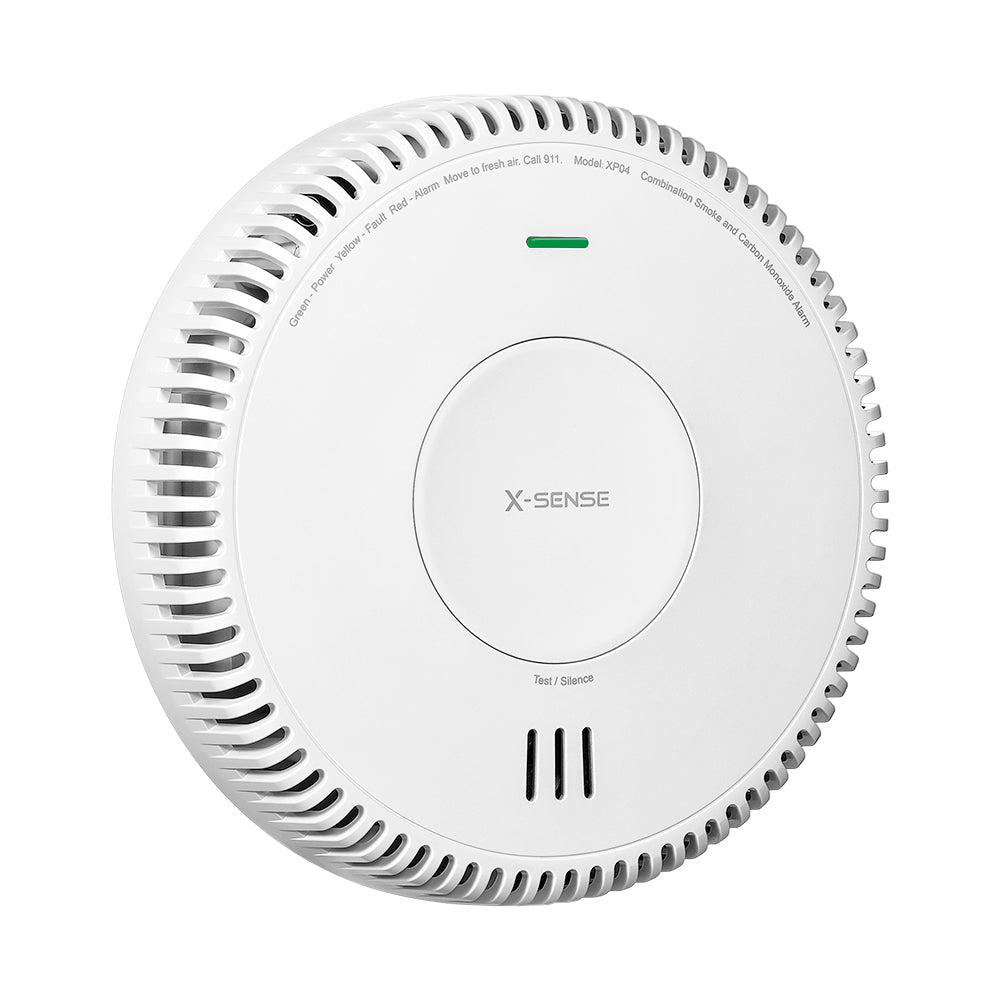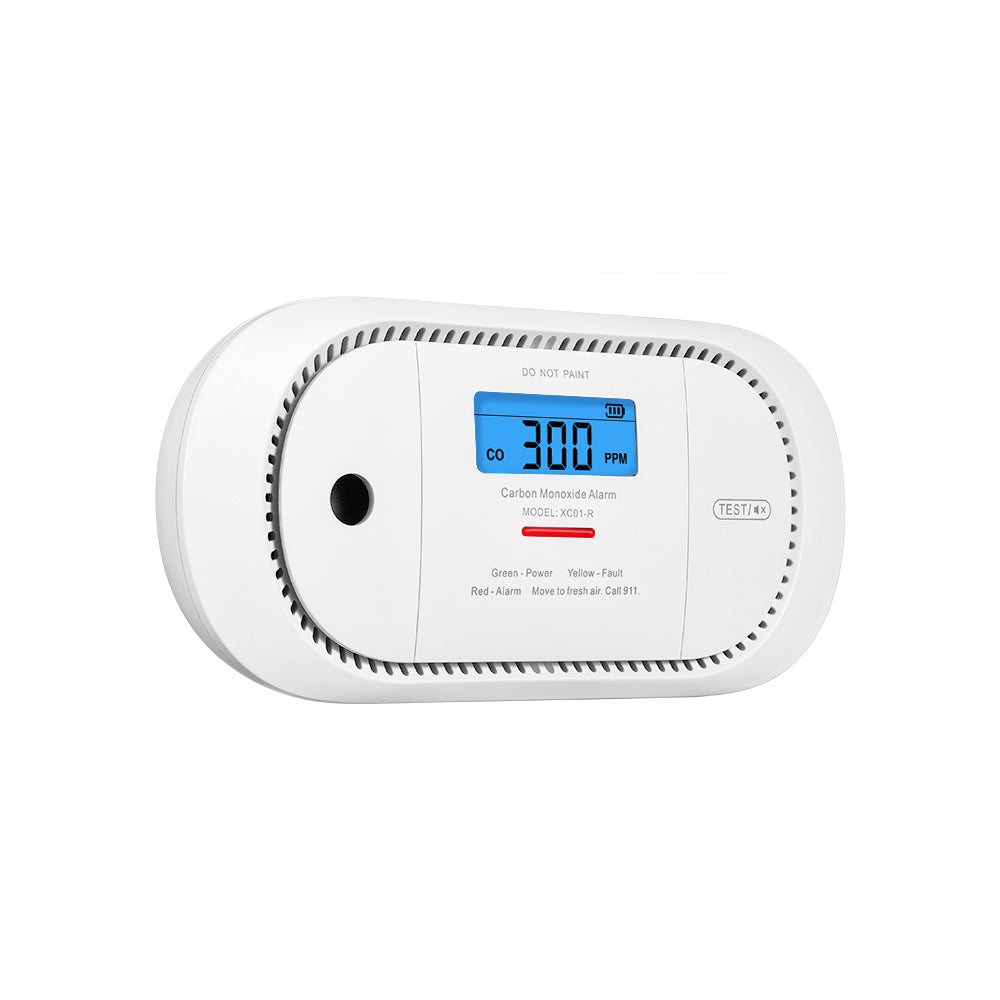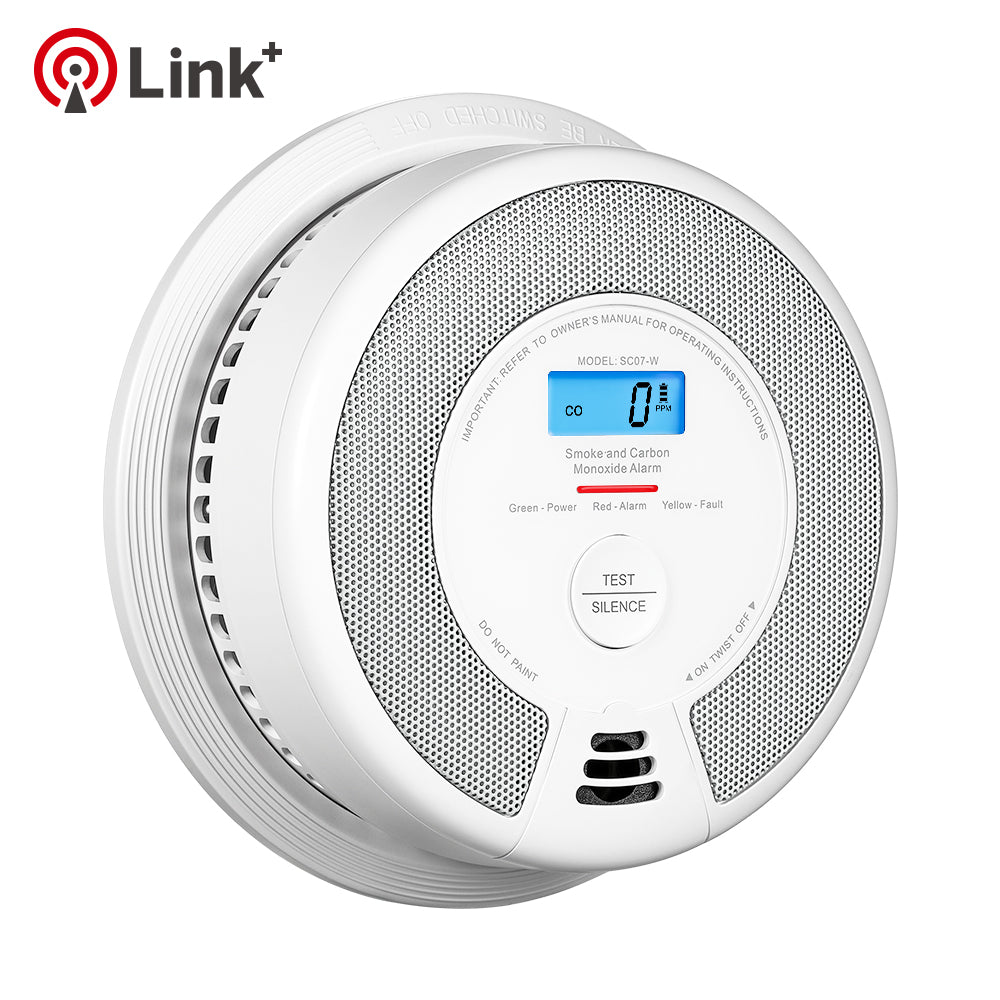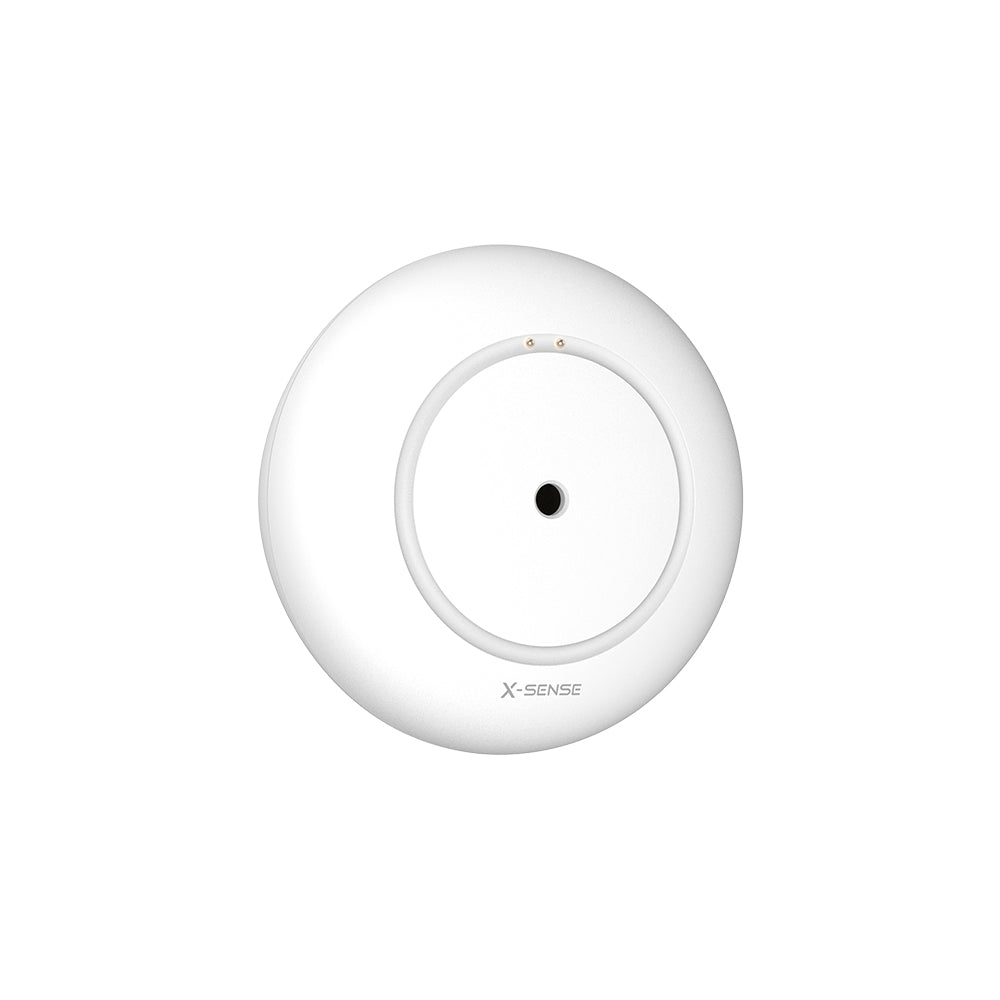Heat Alarm for the Kitchen
Mon, Feb 13, 2023
Kitchens generate a lot of steam and smoke, and ordinary smoke alarms can't handle these confusing signals. Ionization smoke alarms and even optical smoke alarms are quick to trip when the kitchen is being used. At the same time, fires often break out in kitchens, so it's important to spot fires quickly.
Is a Heat Detector Required in the Kitchen?
Heat detectors for kitchens are still somewhat of a rarity in UK kitchens. And it’s mainly because people don’t realize that heat detectors for kitchens are recommended over a normal smoke alarm. Everyone needs a high-temperature alarm in the kitchen, and some need extra support. If you or members of your household have situations that could prevent or delay escape in the event of a fire, you may need a professional alarm system and advice on what to do in the event of a fire.
Where should Heat Detectors be Placed in the Kitchen?
There are several factors to consider when deciding where to install heat detectors in your kitchen. The first is the size of the kitchen. If the kitchen is small, then the temperature probe should be placed near the kitchen door. If the kitchen is large, then the temperature detector should be placed in the center of the room.
Another factor to consider is the layout of the kitchen. If the kitchen has an island, then the temperature probe should be placed in the ceiling above the island. If the kitchen does not have an island, then the heat detector should be placed on the ceiling in the center of the room.
One final factor to consider is the type of cooking being done in the kitchen. If the kitchen is used for baking, then the temperature probe should be placed near the oven. If the kitchen is cooking on the stove, then the temperature detector should be placed near the stove.
In general, the best place to install a heat detector in a kitchen is on the ceiling in the center of the room.
How to Properly Maintain Heat Detectors in the Kitchen?
Homeowners should test their heat detectors monthly and replace them every 10 years. Temperature probes should be placed near the stove and oven in the kitchen, as well as any potential fire hazards, such as trash cans or dishwashers. Homeowners should also have a fire extinguisher in the kitchen in case of fire.
What to do if the temperature detector in the kitchen goes off?
If heat detectors are going off in your kitchen, the first thing to do is identify the source of the heat. If the source is a cooking appliance, such as a stove or oven, turn it off immediately. If it is a fire, evacuate the building and call 911.
How to make sure your heat detector is working properly?
There are a few things you can do to make sure your heat detector is working properly. First, check the batteries to make sure they are fresh. Second, test the detector by holding a match or lighter close to it. The detector should sound an alarm. If not, contact the manufacturer for troubleshooting tips. Finally, keep the detector clean and free of dust and other debris.
But whatever you decide, be sure to go and buy a temperature probe for your kitchen. As mentioned at the beginning of this article, approximately 60% of home fires start in the kitchen, which is why heat detectors in the kitchen are highly recommended over smoke alarms.
